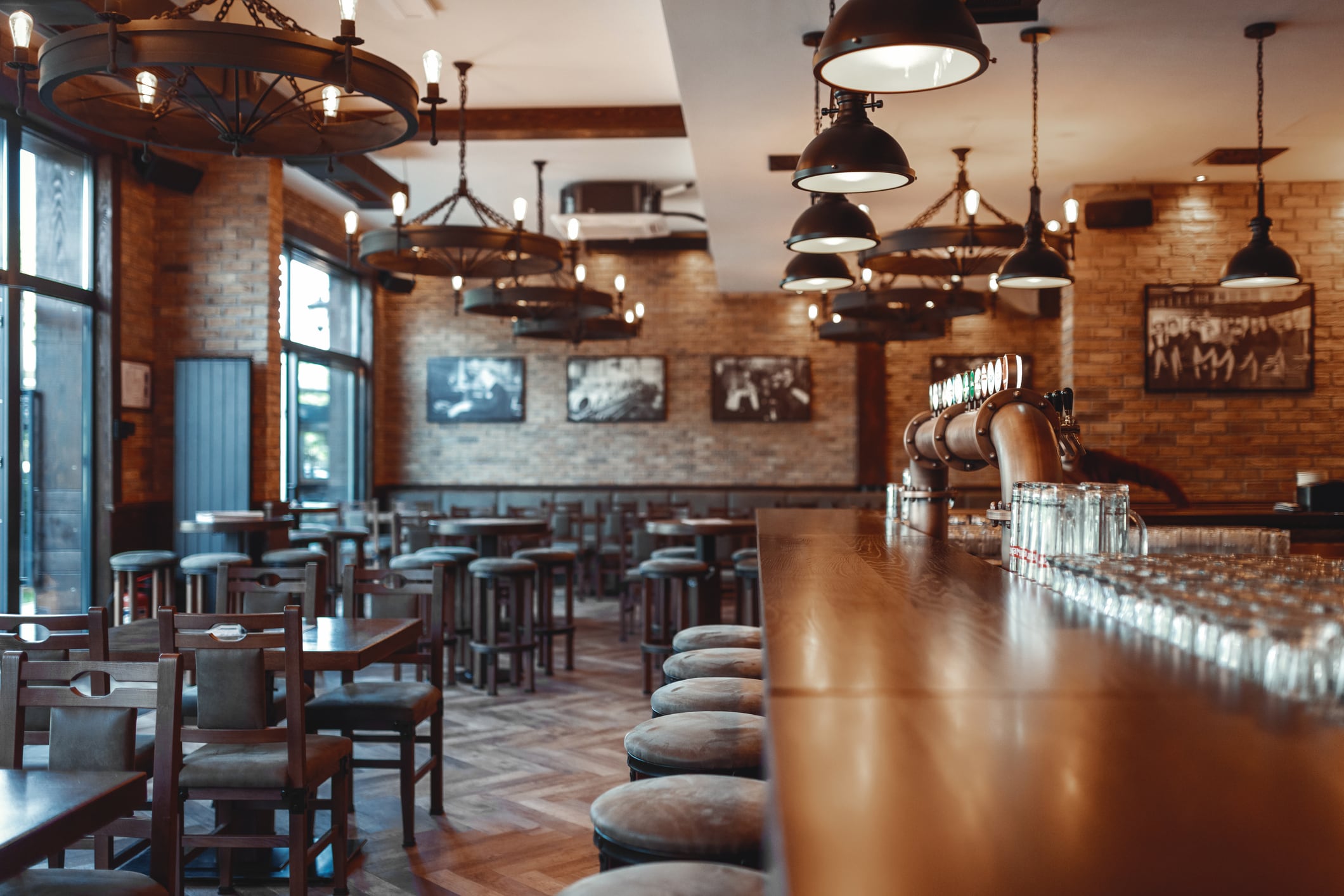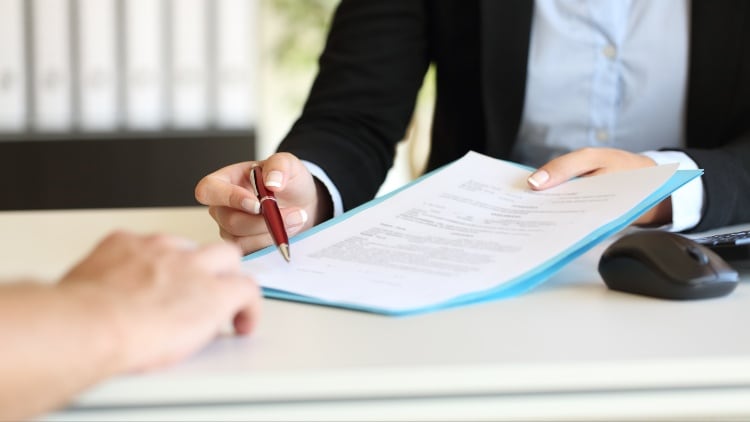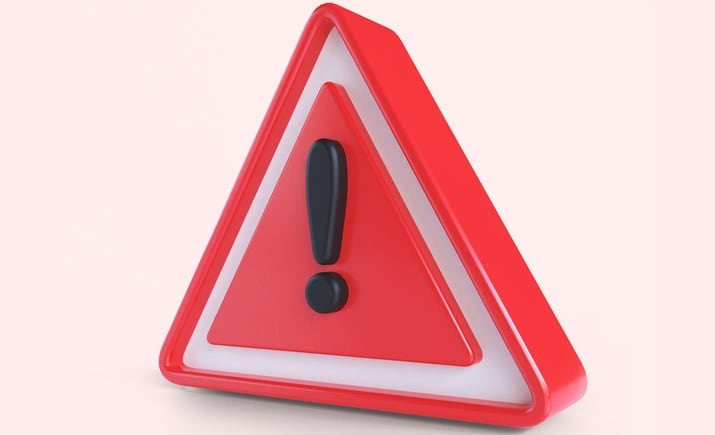What is a premises licence?
Granted under the Licensing Act 2003, a premises licence is a legal requirement for any UK venue selling alcohol, providing entertainment or offering late-night refreshment.
Should the licence holder breach its conditions or if issues that impact the licensing objectives arise, the licence can be reviewed and in serious cases revoked, Tomlinson warned.
What are the grounds for a review?
A review is where the local licensing authority reassess the premises licence in response to concerns.
It aims to ensure venues operate in line with the four licensing objectives:
- Prevention of crime and disorder
- Public safety
- Prevention of public nuisance
- Protection of children from harm
The licensing expert highlighted a number of reasons why a review may happen:
- Drug-related activity on or near the premises
- Excessive noise or public nuisance complaints
- Breach of licence conditions
- Repeated incidents of crime or disorder
- Failure to comply with health and safety laws
Tomlinson also laid out how noise had become a prevalent issue in the sector post-pandemic with the licensing solicitors having seen a big rise in noise-related reviews being brought against licensed premises in recent years.
Who is involved in the review process?
Anyone with evidence the premises us undermining the objectives can request a review.
Relevant authorities such as the licensing authority, police, environmental health officers, trading standards officers and local councillors can review or local residents.
How does the process typically unfold?
An application, supported by evidence that clearly relates to one or more of the four licensing objectives is submitted to the licensing authority.
Following this, the licensing authority must display a public notice at the venue and other parties can make representations.
Usually within 20 working days after the representation notice period ends, the local licensing sub-committee holds a hearing where all parties to the review can present their case.
After the hearing, the committee can take numerous actions. These include modifying the licensing conditions, removing the designated premises supervisor, suspend the licence for up to three months, completely revoke the licence or take no action if there are no issues found.
What about appeals?
The decision can be appealed by the licence holder and other parties to the magistrates’ court within 21 days of receiving the decision notice.
During the appeal process, the licence usually remains in effect unless a court orders otherwise.
What is a summary review?
The licensing solicitor also outlined how in extreme cases, such as where the venue is associated with serious crime or disorder, the police can apply for a summary review.
This permits immediate interim steps, which includes a temporary suspension of the licence, it can also impose new conditions or remove the designated premises supervisor.
A full review hearing must follow within 28 days.





